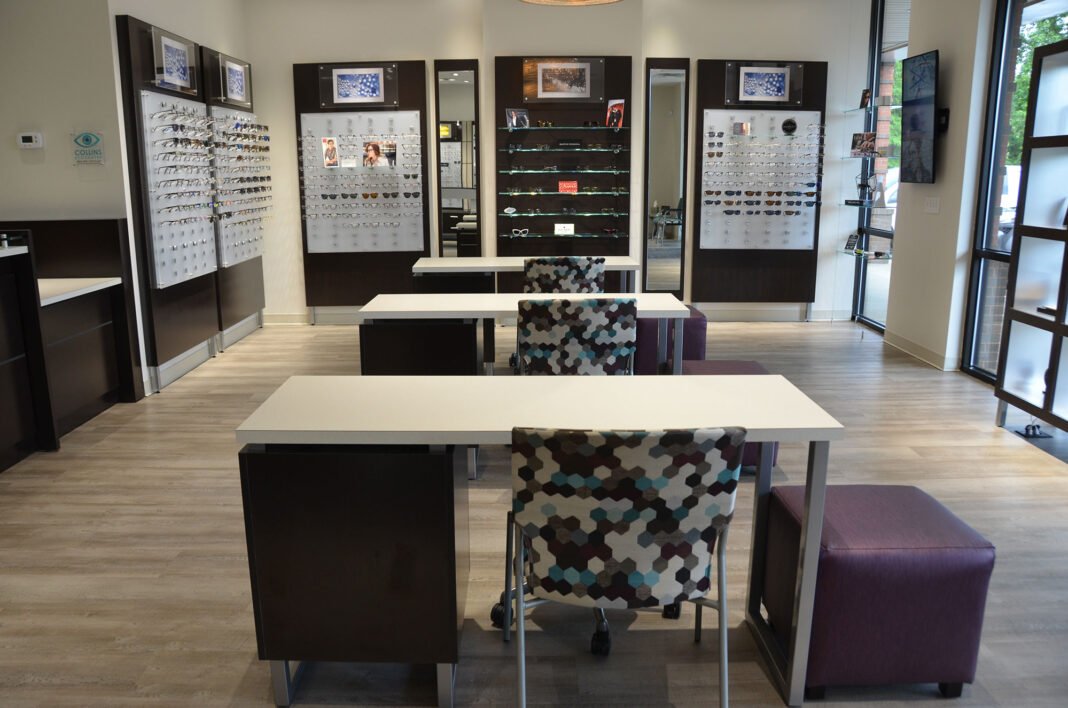Getting an eye exam is a regular step that individuals should take. Visiting an eye doctor has more advantages than just getting your glasses or contact lenses prescription updated. Here are a few reasons to schedule an eye exam:
1. Detecting Eye Diseases
Some eye diseases are chronic and may take time before they manifest. Eye diseases such as glaucoma, macular degeneration, and diabetic retinopathy may be asymptomatic. This means they take a long time before they cause noticeable changes. These diseases can be diagnosed early through eye checkups and this is necessary for the management of the diseases. An eye doctor employs the use of diagnostic equipment to assess the internal and external features of the eyes. The tools help them detect eye diseases at an early time. These conditions can be treated, or their progression can be halted if they are diagnosed early enough so that your vision is not affected.
2. Correcting Vision Problems
Whether you are nearsighted or farsighted or have astigmatism, an eye exam helps determine the correct prescription for your eyeglasses or contact lenses. It is possible to develop vision issues at any age, and even if you never had to wear glasses before, you may need them as you age. Eye check-ups make sure that your vision correction is up to date, helping you see clearly and comfortably.
3. Monitoring Overall Health
An eye doctor will diagnose a number of diseases, such as diabetes, high blood pressure, and some forms of cancer, during an eye exam. Diabetic retinopathy is a disease of the retina where blood vessels are damaged and is one of the signs of diabetes. High blood pressure can cause alterations in the blood vessels of the eyes. An eye doctor will recommend the patient complete further testing and treatment before the health complications worsen.
4. Protecting Children’s Eye Health
It is wise to take care of children’s eyes because their vision is still in the developmental stage. Undiagnosed vision issues can lead to delays in a child’s learning process and also affect their social interactions. Annual vision checks help identify problems like lazy eyes, crossed eyes, and poor vision that hinder learning in school. If these problems are identified and addressed at an early age, vision impairment may be avoided.
5. Preventing Eye Strain
Many individuals spend a lot of time in front of screens, whether it is for work, studies, or entertainment. Staring at screens for long hours can cause digital eye strain. Some of the signs are dryness of the eyes, headache, blurred vision, and neck and shoulder aches. An eye doctor gives advice on how to reduce the effects of digital eye strain, including the correct amount of time to spend away from the screen, the type of lighting to use, and the right position of the screen. They can also recommend computer glasses that are specifically made to minimize eye strain and enhance comfort during extended computer use.
6. Updating Prescriptions
Vision changes are often gradual, and it is possible that you may not notice these changes right away. This is why it is beneficial to have your eye prescription for glasses or contact lenses updated from time to time. Wearing the wrong prescription can lead to eye strain, headaches, and blurred vision. By visiting an eye doctor, they will make sure your corrective lenses are offering you the best vision.
7. Enhancing Your Quality of Life
Clear vision is a significant component of daily living that can affect your driving, leisure activities, and other tasks. Regular eye exams confirm that you see well and without discomfort. Whether it is enjoying a scenic view, reading a book, or watching your favorite program, clear vision enables you to appreciate these various activities.
Work With a Certified Eye Doctor
Regular eye check-ups are an indispensable part of maintaining good health and quality of life. They help in diagnosing eye diseases at an early stage, correcting vision, observing general health, and updating prescriptions. When you visit an eye doctor, you will be able to identify various eye problems at an early stage. Do not wait for symptoms to manifest; be proactive about your eye health, and visit your local ophthalmologist today.
